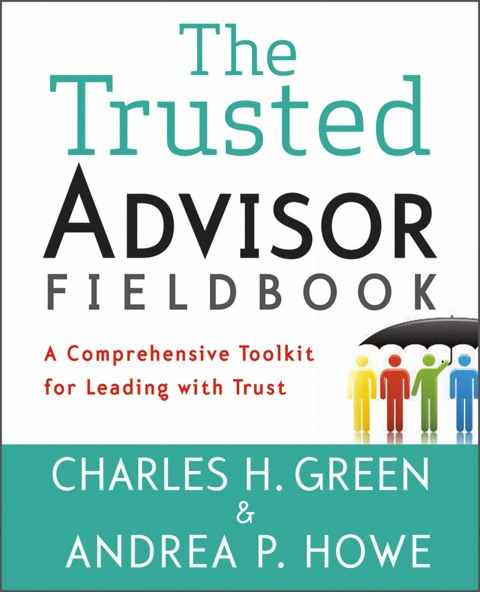Win a Free Copy of The Trusted Advisor Fieldbook Redux
 We’re excited about the early success of The Trusted Advisor Fieldbook: A Comprehensive Toolkit for Leading with Trust. It’s gotten a #4 ranking on The Washington Post Book World paperback bestseller list, a five-star Amazon review, and a growing list of features and media mentions.
We’re excited about the early success of The Trusted Advisor Fieldbook: A Comprehensive Toolkit for Leading with Trust. It’s gotten a #4 ranking on The Washington Post Book World paperback bestseller list, a five-star Amazon review, and a growing list of features and media mentions.
Find out what all the hoopla is about―reply by Friday, December 2, 2011 midnight EST to win your free autographed copy of the book. Details below.
And the Winner Is…
Last month we ran a contest inviting readers to tell us about your favorite Trust Tip based on the daily countdown of #TrustTips on Twitter (144 in total from the time we started till October 31, the day The Trusted Advisor Fieldbook was officially released). We listed a few of our favorites, then turned it over to you to share yours.
The lucky winner is Dawna Houston, who gets a copy of the new book autographed by both of us, as well as this opportunity to be singled out on our site (also known as “eternal fame”).
Dawna’s favorite Trust Tip was #TrustTip 8: Trust enhances innovation: it allows people of different views to convert conflict into collaboration.
Dawna observed, “I have watched fear and anxiety absolutely shut down creativity, both personally and professionally; this tip is a great reminder that when we cultivate trust, our minds naturally open and our awareness expands.” Well said, Dawna. Congrats!
Are You Feeling Lucky?
You’ve got another chance to win. Simply take a look through the free download of chapter 1 and tell us how much money Charlie gave the taxi driver. If you get it right, you’ll be entered in the drawing. Send your answer in an email by Friday, December 2, 2011 midnight EST.
We look forward to hearing from you!
